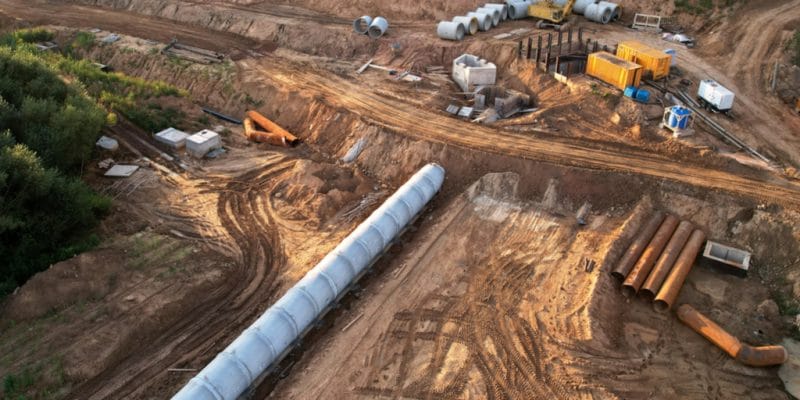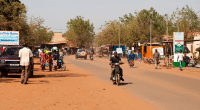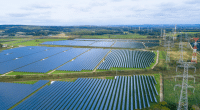The Ivorian government is accelerating drainage and sanitation work in the Bonoua industrial zone through a new project. Launched on March 2, 2022, the project aims to reduce the risk of flooding in the area, as well as pollution.
The Bonoua industrial zone, located in the South Comoé region of Ivory Coast, is the focus of a drainage and sanitation project. The project was recently launched by the Ivorian Minister of Trade and Industry, Souleymane Diarrassouba, and aims to prevent flooding and improve wastewater management.
Indeed, the Bonoua industrial zone, which covers 339 hectares, is home to many companies that dump their effluents in an uncontrolled manner into the environment, despite multiple calls from the Ivorian government. The most affected sites are the general hospital in the area and certain arteries around the national road linking Abidjan and Accra, the capital of Ghana.
A 1.5-million-euro investment
This garbage also clogs the drains, causing flooding in the rainy season. According to the Ivorian Minister of Trade and Industry, Souleymane Diarrassouba, the new project will be devoted to the construction of a primary collector. The installation includes a 2.6 km canal with scuppers. The collector will carry rainwater and wastewater from the Bonoua industrial zone to the final executor.
The drainage and sewerage project has been entrusted to an Ivorian company that will rely on a financing of one billion CFA francs, more than 1.5 million euros to complete the work within three months. The work is part of a National Development Plan (NDP) 2021-2025, initiated by the government of Ivory Coast.
Read Also – Urban sanitation, a major challenge for sustainable cities in Africa
The plan projects an average economic growth of 76% over the period 2021-2025 compared to 5.9% over the period 2016-2020. According to the Ivorian authorities, it will be necessary to remove the remaining obstacles to accelerate the economic and social transformation initiated in the West African country with the implementation of previous development plans.
Inès Magoum






